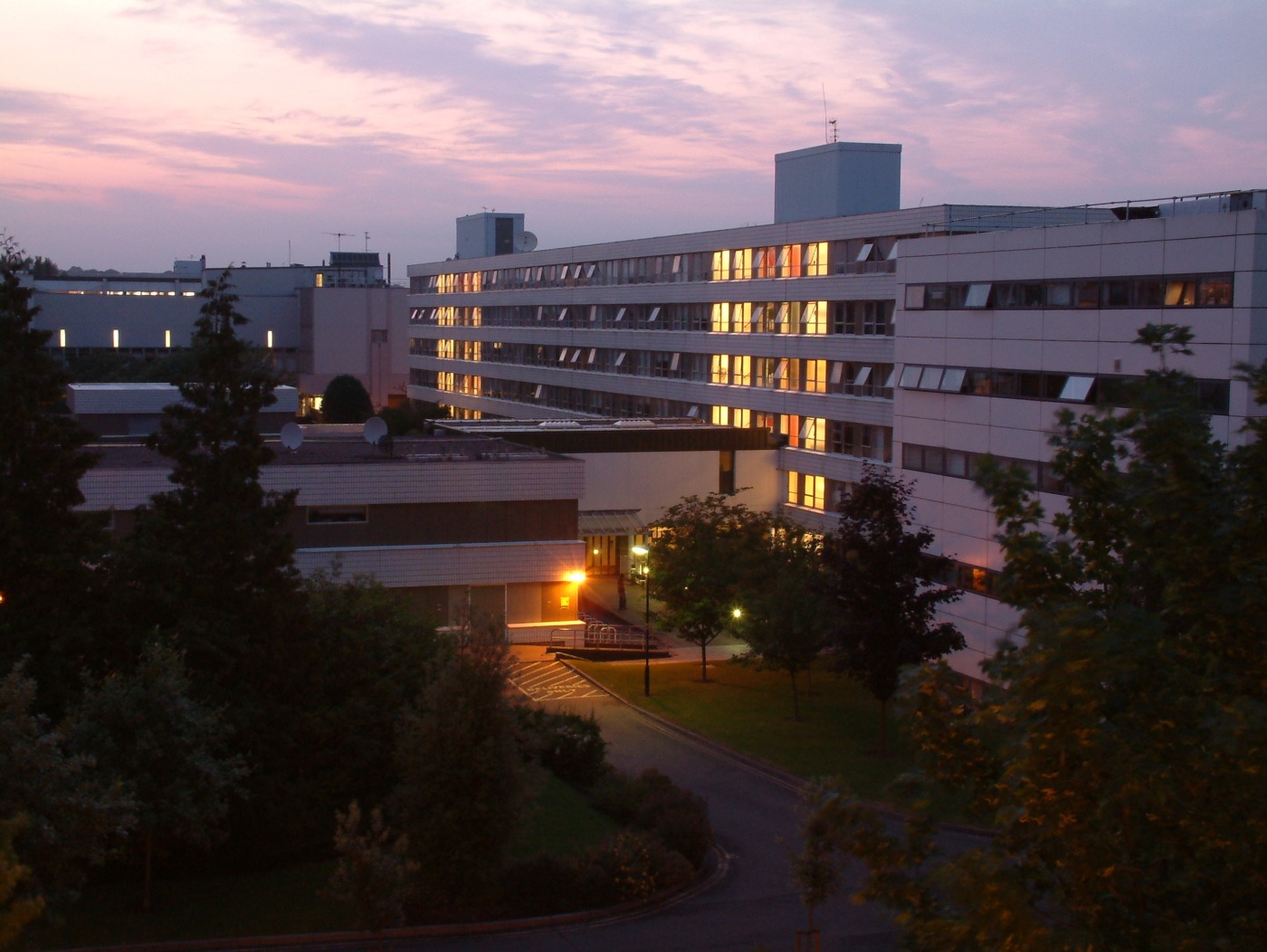Warwick UCU calls for the University to move all Term 1 teaching online
The Warwick branch of the University and College Union (UCU) is calling on the University of Warwick “to move the bulk of teaching online” for Term 1.
This comes after Warwick UCU developed its “Five Red Lines” document in June, outlining the conditions that would deem the reopening of campus safe.
The University of Warwick is planning to open campus in September and welcome new students, with a blended teaching approach.
In June, the University announced that all lectures with a class size above 25 would take place online, with seminars, labs and workshops taking place in-person.
The University then released a provisional “plan of action” for reopening campus safely.
Warwick UCU stated: “We have been monitoring the situation carefully over the past three months, in close contact with the University – participating in risk assessments, sitting on campus reopening working groups, and meeting with senior managers weekly to discuss health and safety issues.
“On the basis of these experiences, it has become clear to us that the only way to open campus safely is to move the bulk of teaching (except where pedagogically unfeasible, such as certain labs) online for the fall term.”
Warwick UCU said they “do not come to this decision lightly”. They explained that “a return to teaching in person this September will create significant risks for both public health and educational outcomes”.
They continued: “The most recent news from the US only confirms fears that in-person teaching will lead to surges in new cases.
Universities will be the care homes of the second wave and so we must act now
– Warwick UCU
“Universities will be the care homes of the second wave and so we must act now.”
Warwick UCU has identified six factors leading to their call for the University to move all autumn term teaching online.
One factor identified states that “the R number is not falling”.
Warwick UCU said: “The University currently has no plan in place for dealing with a localised lockdown, either in Coventry itself or in the surrounding commuter belt where staff and students live.”
They continued: “If Covid-19 were to enter the campus community it is likely that infection rates would rise sharply, endangering the health of staff and students alike.”
In another factor identified, Warwick UCU said “commuting patterns at Warwick have public health implications for the entire West Midlands community”.
“We have yet to see any comprehensive analysis of how a mass return to campus will impact public transport, local infrastructure and healthcare in Coventry and surrounding areas.”
Warwick UCU also stated that “classrooms are not ‘Covid-secure’”.
The statement continued: “We do not consider the University’s current health and safety plans for classrooms to be adequate.
The University currently has no plan in place for dealing with a localised lockdown, either in Coventry itself or in the surrounding commuter belt where staff and students live
– Warwick UCU
“For e.g., there are no plans to stagger session times; no extensive cleaning planned between sessions; and only 10-15 minute transition times scheduled between classes, which does not permit one set of students to leave and another to enter safely),” the statement added.
Warwick UCU has claimed that “the University’s health and safety guidance for students is inadequate”.
“The University’s guidelines to new students for social mixing, reporting cases and self-isolating will only create unacceptable risks,” they added.
“It’s unclear, for instance, how the designation of ‘kitchen units’ will work in practice, and what obligations members of these units will have toward each other.”
An anonymous member of the University’s cleaning team told Warwick UCU: “There doesn’t seem to be a Risk Assessment for when students are in residence, or if there is we haven’t seen it.”
Warwick UCU has also said that “face-to-face teaching is not safe for all colleagues” and claimed that “there have been no such assessments regarding the differential risks relating to BAME staff, disabled staff, older staff and staff in other categories who may be more vulnerable to the virus”.
In a final factor, the statement claimed that “the University’s communications have been neither safe nor clear”.
The University of Warwick has been contacted for comment.

Comments